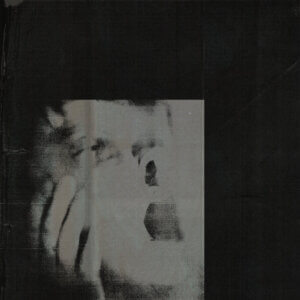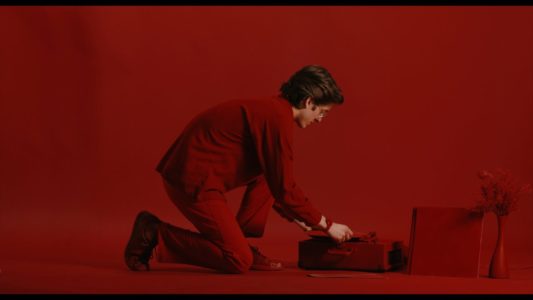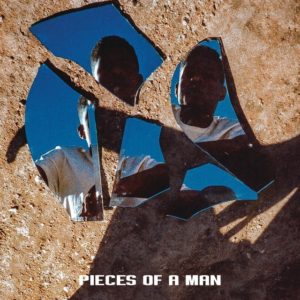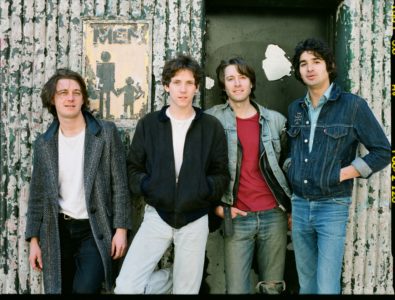Public Access T.V. On Their New York Sound
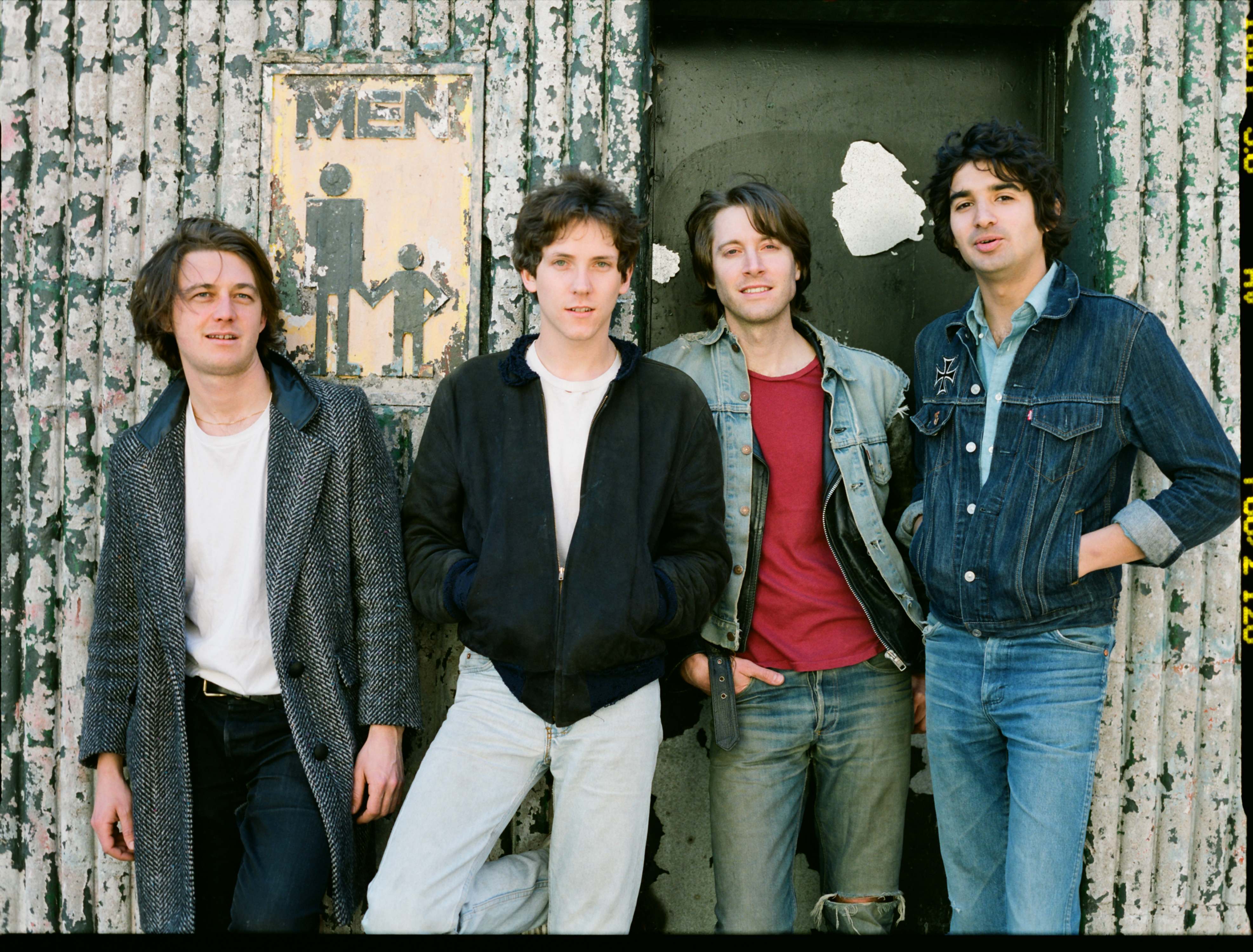
For the past few years Public Access T.V. have been one of the few guitar bands to keep the genre feeling fresh and fun. The band’s ability to infuse vintage sensibilities into dance-heavy rock has made them a constant joy to listen to. We caught up with John Eatherly ahead of their Montreal show on April 5 @ Petit Campus to talk about their synthetic side-quest and why they defy their New York rock comparisons.
Northern Transmissions: While you captured retro sounds on your last record, it seems to have infected your writing a bit more this time, what else did you want to do differently on Street Safari?
John Eatherly: We had a pretty clear idea of what we wanted to get out of it when we went in. As far as the difference in what it sounded like, that was all a conscious decision before we went into make it. This record had a little more clarity, the last record was mostly recorded live, there was bleeding between the microphones. This record was clean, from the ground up kind of thing. There was more layers and textures so there’s more dynamics in the songs because we weren’t just banging out the songs live.
NT: Did listening to a lot of Talking Heads, Television, Marquee Moon influence you guys in the past year or was that more a direction you pulled from hearing it young?
JE: It’s funny, those comparisons really come out of nowhere. I love Television and I listened to them a lot as a teen, but we’re not going for that kind of thing on the records at all. I don’t think we sound like them in any way. I’ve heard the Talking Heads thing, but I wasn’t ever listening to them that much. They have that dance feel with four-on-the-floor noise so I can see aesthetically where you might draw a line. On this record I was listening to a lot of Pet Shop Boys, Combat Rock, Billy Idol, “Another One Bites The Dust” and Sade. No one’s really mentioned those names that have actually influenced it, which is also funny. With this record more than the first one, it’s a little more fun to hear what people think it sounds like, and sometimes it makes you think.
NT: It’s also interesting that so many bands you’ve been compared to are New York bands while that scene is so different now than it even was in the 2000s let alone the 70s, so do you think it’s media association or is there really a local energy?
JE: Conscious or subconscious, it’s definitely more of an energy thing. There’s not a current scene now that we feel a part of, or influenced by. We feel a part of our own bubble world and we listen to more records from the seventies that aren’t really New York bands. The New York energy is really from the day-to-day struggle of the bands that live here. I’ve lived there for 10 years now, and it’s the struggle of trying to keep up and afford your apartment. It’s pretty hard to make a living playing in a band here, but we’ve stuck it out. It just feels like a reaction to my day-to-day life here rather than a scene.
NT: I also heard the album started more disco and electronic than it is now, so what led you away from that?
JE: It was more that before we demoed the record, we wanted to do it with arpeggiators and drum machines but without guitars. We incorporated that new direction without taking too much of a left turn. It grows in production, and I think it’s a little more true to ourselves. It was fun to talk about these drastic changes though before we started making the record.
NT: What did Patrick Wimberly bring to the record as a producer?
JE: I had asked Patrick about recording a version of “Shell No. 2” before I asked him to do the whole album. We went in with a demo, and we didn’t want to stray too far from the demos. I knew I didn’t want that thing like with past producers where they want to change it a lot to put their stamp on it. The thing that was great about Patrick was that he really liked it and was into the sound we had going in the demos. He wanted to expand and open up the sound of the demos, while we wanted to keep the sound to try new ideas. If you don’t keep that mentality going, you can make something quite stale. He was really good at keeping that energy alive, jumping around the room and bringing ideas spontaneously that could change the feel.
Words by Owen Maxwell
Latest Reviews
Tracks
Advertisement
Looking for something new to listen to?
Sign up to our all-new newsletter for top-notch reviews, news, videos and playlists.
